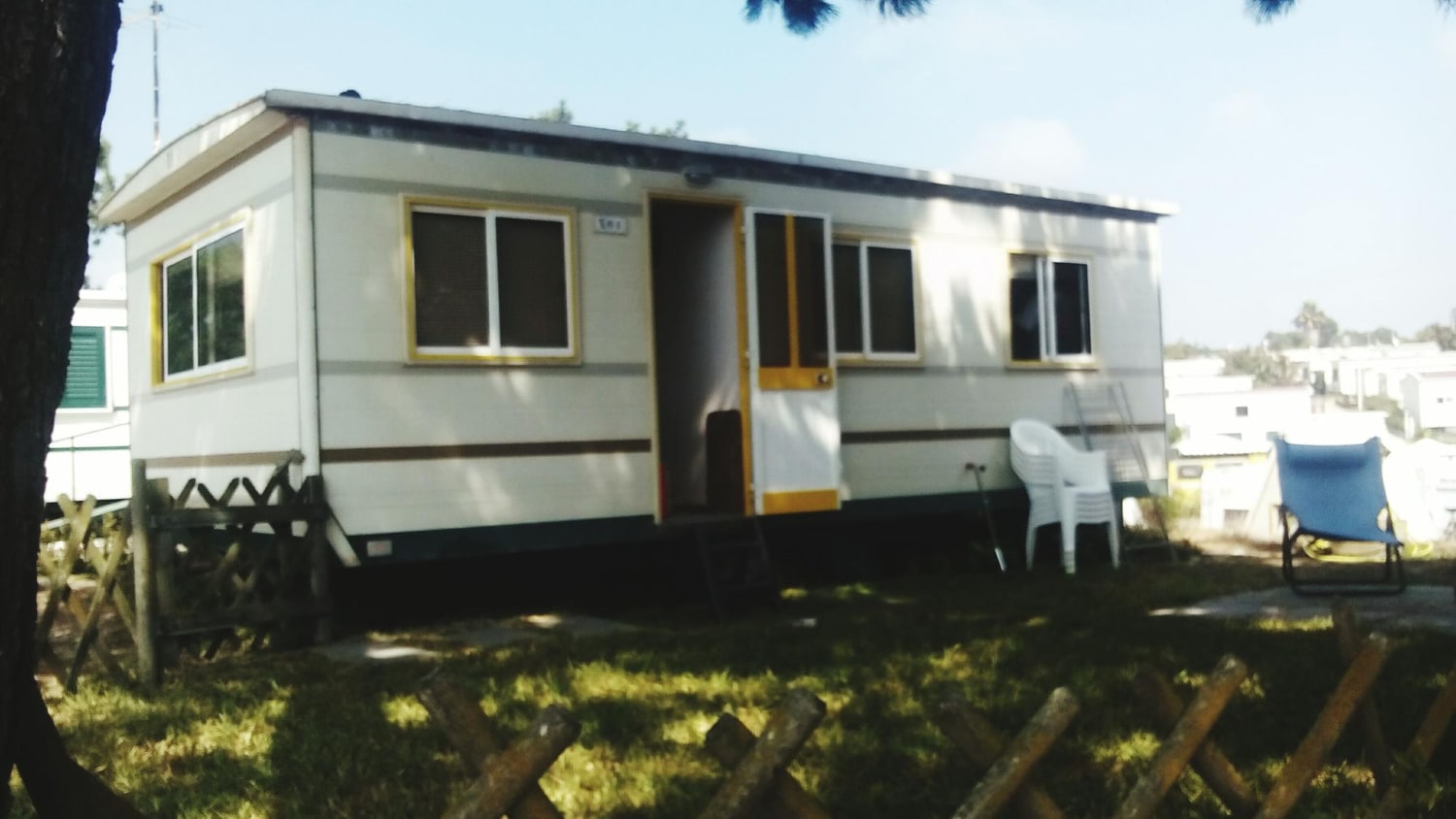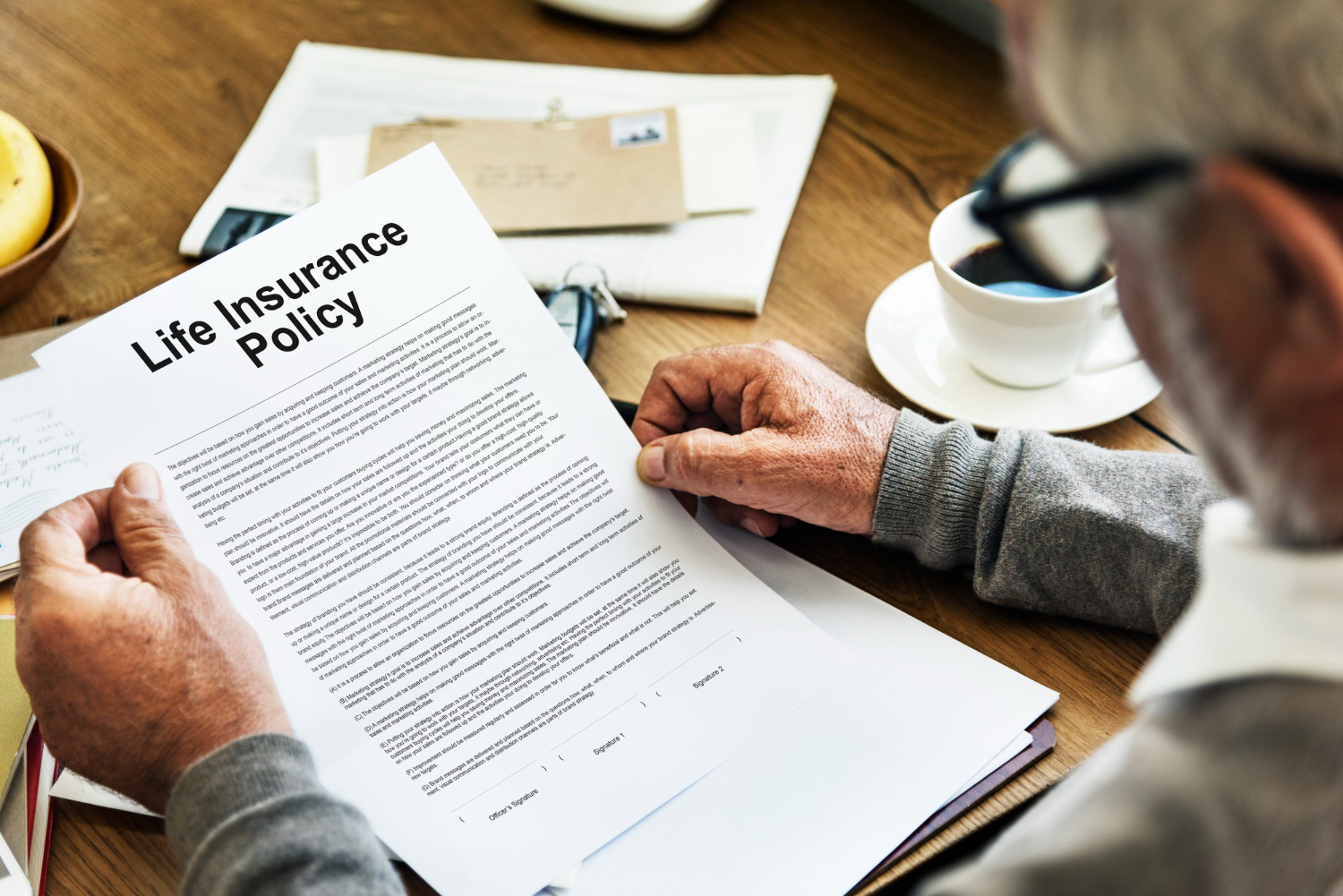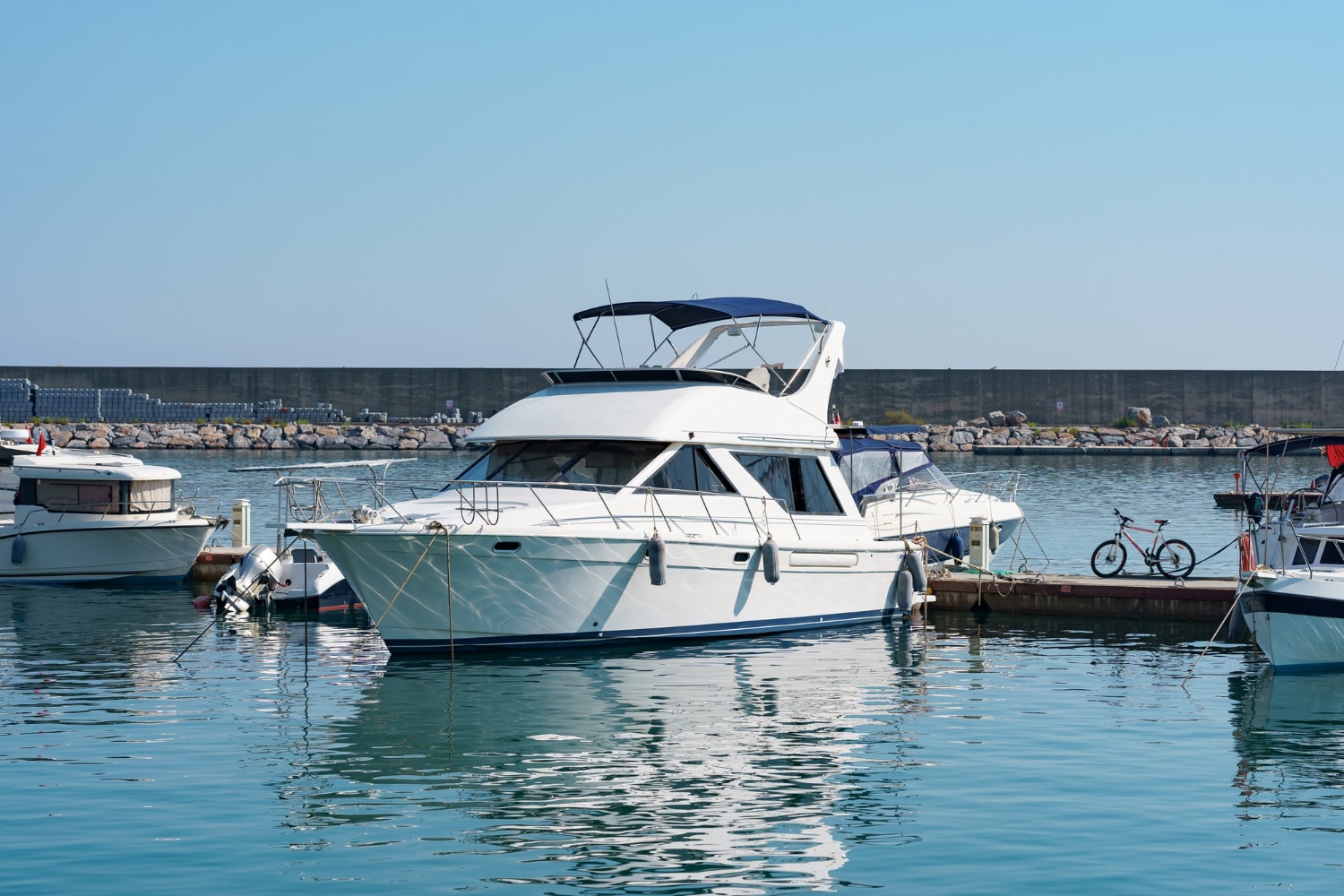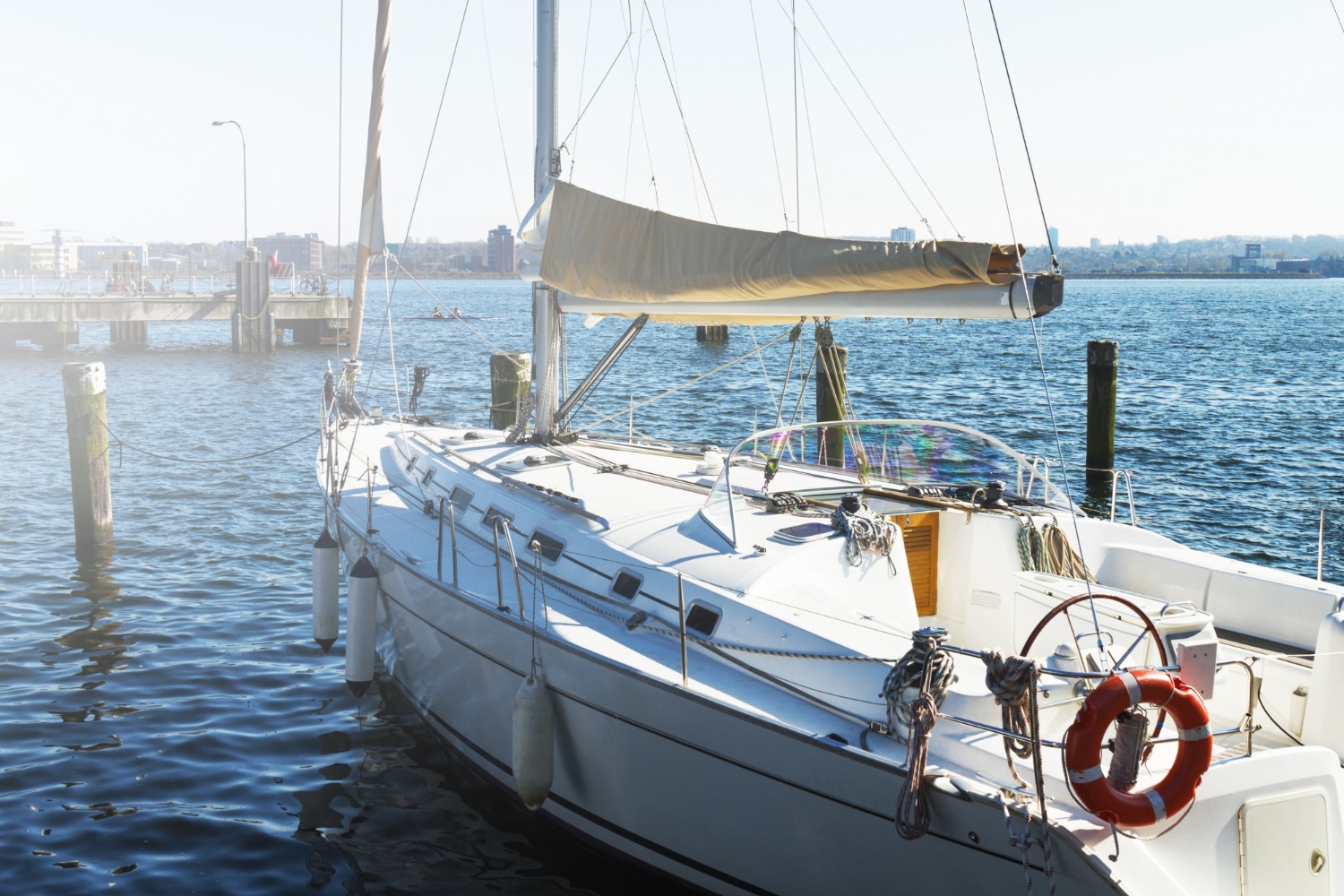Auto insurance is meant to protect you from the unexpected. But what many drivers don’t realize is that even a solid-looking policy can still leave gaps, areas where coverage doesn’t apply the way you’d expect it to. When an accident happens, that’s the last time you want to be surprised by what isn’t covered. Taking a closer look at these blind spots in your policy could save you a lot of stress down the road.
Gaps in coverage aren’t always obvious. They can show up in places like rental car reimbursement, roadside help, or even injuries caused by someone without enough or any insurance. Fort Myers drivers face their own unique driving situations, especially with seasonal traffic and storm-related risks. This makes it even more important to get a policy that fits your life, not just one that meets state minimums.
Understanding Auto Insurance Gaps
Auto insurance usually feels like a set-it-and-forget-it kind of thing. You buy a policy, pay your premium, and assume you’re covered. But insurance policies have fine print, and if you’re not digging into the details, it’s easy to overlook missing pieces. These missing pieces are what we call coverage gaps. They’re spots your policy doesn’t fully protect, even though it might seem like it should.
For example, many drivers assume their policy covers injuries if they’re hit by someone with no insurance or not enough of it. In reality, without uninsured or underinsured motorist protection, you’re risking having to pay medical bills out of pocket. The same goes for damage to your own vehicle. Some policies only cover damage you cause to others, not what happens to your car in a storm or through theft.
The good news is that these gaps can be filled once you know what to look for. Understanding these issues gives you the chance to fix them before they turn into expensive regrets.
Common Coverage Gaps
Here are a few places where insurance often falls short, especially when you’re sticking with the bare minimum:
1. Uninsured/Underinsured Motorist Protection
Without this, if you’re hit by someone without insurance or with too little of it, you could end up paying for medical bills and car repairs on your own.
2. Personal Injury Protection (PIP)
This helps cover medical expenses for you and your passengers, no matter who’s at fault. It’s not always mandatory but can be incredibly useful.
3. Collision and Comprehensive Coverage
Liability coverage helps with damage to others. But what about your own car? Collision helps cover accident-related repairs. Comprehensive covers issues like theft, storm damage, or fallen trees.
4. Rental Car Coverage
If your car is in the shop, will your policy cover a rental? Many drivers assume it’s automatically included but later find out otherwise.
5. Roadside Assistance
Locked out, flat tire, or dead battery? Without this add-on, those moments can turn stressful and costly very quickly.
Each of these items adds only a little more to your premium, but they could save you from major expenses later on. Knowing where the holes are makes it easier to patch them and feel safe behind the wheel.
Consequences Of Coverage Gaps
Missing pieces in your policy can create real problems fast. What starts as a minor accident could turn into a major bill if you’re not covered properly.
When you’re involved in an accident and find out your insurance doesn’t help with your injuries or car repairs, the financial stress can be huge. Medical bills, towing, replacement parts—it adds up quickly. And if another driver is at fault but doesn’t have insurance, you’re the one stuck footing the bill.
There’s also the issue of legal risk. Without the right policy, you might have to face court costs, settlement payments, or even wage garnishment. That’s not something you want to deal with after a crash.
Then there’s the emotional toll. Car accidents are already stressful. But learning your insurance won’t back you up only makes things worse. Many drivers spend more time scrambling to fix problems instead of focusing on recovery.
For example, we’ve seen a Fort Myers driver hit by someone who had no insurance. Because they didn’t add uninsured motorist coverage to their plan, they were left to handle both the repair costs and medical bills on their own. What could have been fully covered turned into a long and costly mess.
How To Fill In The Coverage Gaps
Most auto insurance gaps are easy to close once you know they’re there. Here are a few steps to help make sure your coverage is doing what it should:
– Talk to your insurance agent. Ask clear questions about what is and isn’t included. Share how you use your car every day and what concerns you most.
– Look into policy add-ons. Services like roadside assistance or rental coverage may not be expensive but can be a big help when trouble strikes.
– Check your limits. Even if your policy has certain protections, they could be too low to help much in a serious accident. A quick look at those numbers now could save you from surprise expenses later.
– Think about your daily routine. Do you commute a long way? Rely heavily on your car? Drive in rough weather? Your coverage should match your lifestyle.
– Bundle when it makes sense. You might be able to get better coverage at a better price by combining your car insurance with other policies like home or flood insurance.
Being focused and proactive now means less stress later. Checking your coverage doesn’t take long but could protect you from headaches down the road.
Why Working With A Local Agency Makes A Difference
Fort Myers drivers face obstacles others might not. Think storm season, unfamiliar tourists behind the wheel, or local roads that flood after heavy rain. These risk factors are why a one-size-fits-all policy may not work for you.
A local insurance agency can offer more than just quotes. They understand what driving in and around Fort Myers really looks like. Whether you’re dealing with crowded highways, unpredictable weather, or tight parking under big trees, they’ll factor those things in when helping set up your coverage.
They also make support easier. If you need to adjust a policy or file a claim, it helps to talk to someone who knows your area firsthand. You’re not just another voice on the phone—they know your roads, your neighborhood, and the kind of help you’ll really need.
Protecting What Moves You Every Day
Thinking ahead about auto insurance gaps can go a long way in helping you bounce back from an accident or big repair. Being underinsured might seem like a way to save money upfront, but when something happens, the costs hit hard and fast.
Taking inventory of your current coverage, asking a few clarifying questions, and making a couple of upgrades can completely shift how your policy protects you. Whether it’s avoiding financial setbacks or just feeling more secure when you’re driving through Fort Myers, the right coverage makes a difference.
Stay ahead of the unknown with a policy that’s strong from all angles. Peace of mind starts before the accident ever happens—and it begins with knowing your auto insurance isn’t leaving anything out.
To make sure you have the right protection and peace of mind while on the road, explore your options with an experienced auto insurance agency in Fort Myers. At Bassine Insurance Agency, we’re here to help you understand your coverage needs and tailor a policy that fits seamlessly into your lifestyle. Our goal is to ensure you’re covered when it matters the most.










